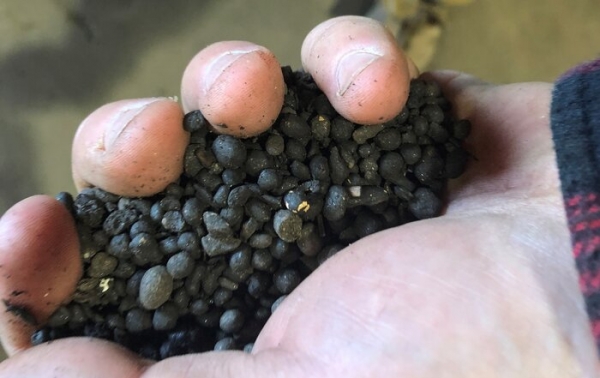A new way of using compost could boost global crop production and deliver huge benefits to the planet, according to a study co-led by The University of Queensland.
Professor Susanne Schmidt from UQ’s School of Agriculture and Food Sciences said adopting a Precision Compost Strategy (PCS) in large-scale agriculture could improve crop yield, soil health and divert biowaste from landfill where it generates harmful greenhouse gases.
“Instead of relying just on mineral fertilisers, PCS involves supplementing the right type of compost with nutrients to match the needs of soils and crops,” Professor Schmidt said.
“Soils that have become compacted and acidic are then aerated and neutralised.
Read more at University of Queensland
Image: The Precision Compost Strategy could help reverse the degradation of soil, boosting crop production. (Credit: Supplied)


